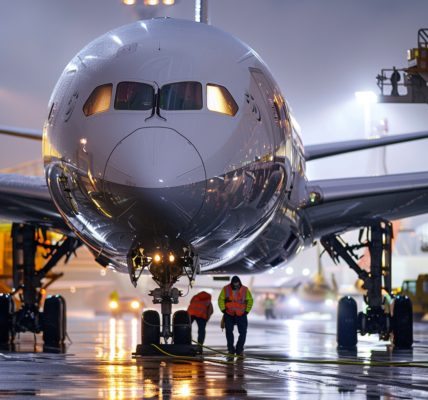Argentina’s National Institute of Statistics and Census (Indec) recently reported a 4.2% growth in the Consumer Price Index (CPI) for the month of May. This announcement was met with celebration by Minister Caputo and the Libertarian administration of President Javier Milei, who see it as a positive step in the ongoing battle against inflation.
The CPI figures for May signify a significant improvement compared to April, with a notable decrease from 8.8% to 4.2%. This marks the lowest inflation rate since January 2022. The sector that experienced the highest increase in prices was Communication at 8.2%, while Healthcare saw the smallest increase at 0.7%.
Despite this positive development, there are projections of a slight uptick in inflation in the coming months, particularly due to rising utility costs following the elimination of government subsidies. Economy Minister Luis Toto Caputo emphasized the importance of this decline in inflation, stating that it paves the way for economic recovery and a return to normalcy in Argentina.
Various sectors contributed to the overall inflation rate, with Education at 7.6%, Alcoholic beverages and tobacco at 6.7%, and Food and non-alcoholic beverages at 4.8%. The price increases in essential items such as vegetables, dairy products, and oils have played a significant role in driving up inflation.
Market expectations had initially forecasted a higher inflation rate for May, with estimates indicating a 5.2% increase. However, the actual figure of 4.2% came as a positive surprise and suggests a more optimistic outlook for the rest of the year. The Central Bank’s Market Expectations Outlook projected a total inflation rate of 146.4% by the end of 2024, a slight improvement from previous forecasts.
While the recent inflation figures are encouraging, they come against the backdrop of a challenging economic environment in Argentina. The country has been grappling with a recession and decreased consumer spending following the currency devaluation that occurred when the Libertarian government assumed power in December 2023.
Despite these challenges, Argentina has received support from the International Monetary Fund (IMF), which acknowledged the country’s progress in meeting fiscal goals for the first quarter of 2024. The IMF approved a disbursement of US$800 million to aid Argentina in its efforts to combat inflation, rebuild reserves, and stimulate economic recovery.
Looking ahead, sustaining the current progress will require further improvements in fiscal policies and monetary frameworks. The recent inflation data indicate a positive trajectory for Argentina’s economy, but continued efforts will be essential to ensure long-term stability and growth.





